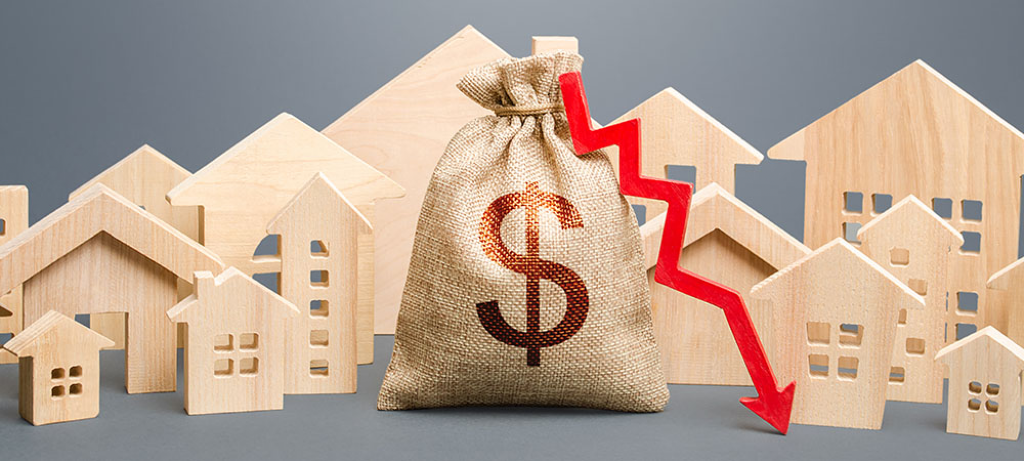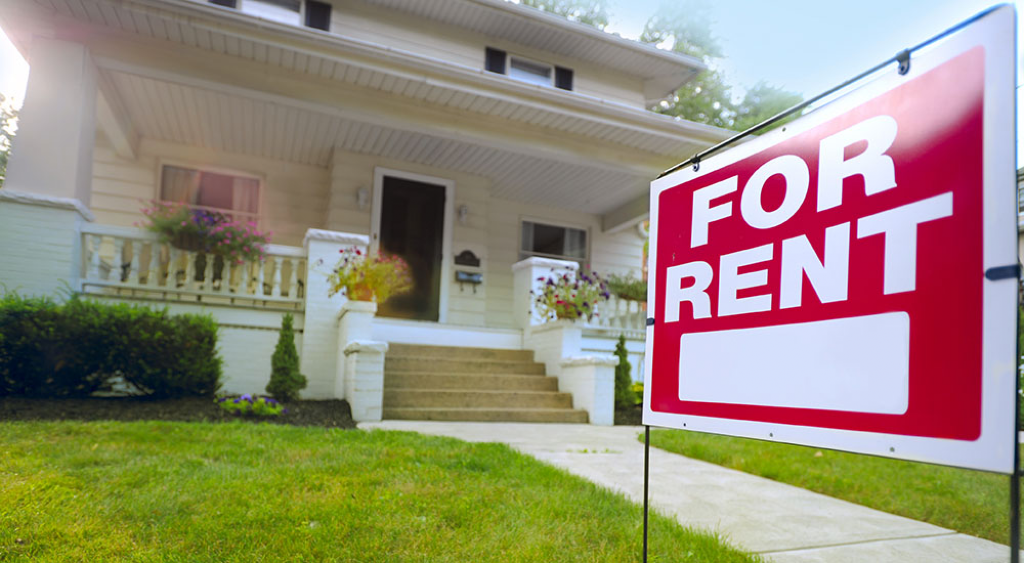The U.S. Economy is in a Housing Crisis. Here’s Why.

- Since 2008, foreign investors have invested in the real estate market, making it challenging for aspiring home buyers to purchase a home at a young age.
- With low mortgage rates and a shortage of houses on the market, the prices of these houses have risen considerably.
- Due to these concerns, many aspiring homeowners will have to wait until they have a higher-paying job to purchase a home.
Since 2010, the average cost of a house has risen by 20%. These price increases have made it increasingly difficult for young people to be able to purchase a home. Today, the median age of a person wishing to buy a home is 40, and 70% of these people are in a committed relationship seeking to purchase a home together.
History of Housing Affordability Crisis
The housing affordability crisis has a long-standing history. Still, the home bing process has become increasingly difficult for young people in the past couple of years. There are a few significant reasons why the housing affordability crisis has been going on for an extended period of time. Those reasons include:
Foreign Investors
After the housing crisis of 2008, the low home prices made it appealing for foreign investors to enter the real estate market. With insufficient investment and property taxes being placed on foreign residential investments, this has led to a significant portion of properties being owned by foreigners.
According to Statista, 40% of the residential property in the United States is owned by foreign investors. Furthermore, according to the United States Census Bureau, there are approximately 139 million homes in the U.S. With such a large proportion of residential homes being owned by foreign investors, it is substantially more difficult for people to purchase a home. The increase in demand for housing leads the household income to be much higher if a family wants to purchase a home.
Low Mortgage Rates
The second reason that has caused the housing affordability crisis is the low interest rates on mortgages. Over the past year, a 30-year fixed-rate mortgage is around 3%. However, even with these low-interest rates and the median family income being $68,703 according to the United States Census Bureau, aspiring homeowners struggle with finding a suitable home in a metropolitan area.

With these low-rate loans, more people are inclined to apply for mortgages. Thus, those applicants with higher-paying jobs can afford to put down a larger down payment and secure a higher loan from the bank. Therefore, by securing a higher loan from the bank, they can purchase a home in the current market. However, the young applicants who do not have a high-paying job will struggle to receive a suitable-sized loan to purchase a home in the current market.
Insufficient Supply of Homes
The last reason a housing affordability crisis is happening is the lack of homes available for sale. The materials needed to build a home have increased significantly since the beginning of the pandemic. According to Bloomberg, some of the materials needed to build a home have increased by 100% or doubled in price.
Currently, the number of people wishing to buy a home exceeds the number of homes on the market for aspiring homeowners. Moreover, due to the increasing costs of building a home during the COVID-19 pandemic, the shortage of homes is one of the main reasons why the prices of houses continue to increase. Therefore, only those with high levels of income can afford the houses on the market.
How it has Affected the Possibility of Owning a House Today
As mentioned above, most of these properties are being rented out, so it is difficult for young people to have enough money to purchase a home. Also, as the number of houses being built is unable to keep up with the demand of people who wish to become homeowners, housing costs increase, leading to many young people renting a residential property.
Possible Alternatives to Owning a House
However, with the current policies and market, it may be more challenging to find a suitable home to purchase. Below you will find a few helpful alternatives to a single-family home that may be suitable for you and your budget.
Renting a Home
Instead of purchasing a home, you can rent a home. Renting a house allows you to save money while you work toward your goal of buying a home. By renting a home, you don’t have to worry about the troubles of being your landlord. In addition, you can use your disposable income to build your passive income.

However, one downside of renting a home is that the price to rent a home could increase per year, depending on your landlord and your area. If possible, a solution could be to move outside the city to find a more affordable place to rent a home.
Renting an Apartment
Another alternative to purchasing a home is to rent an apartment. Similar to renting a house, the level of disposable income will be higher than when making mortgage payments. However, the main difference between renting a home and an apartment is that renting an apartment is generally cheaper than renting a house.
If you are a recent graduate and are looking for a place to live near your place of work without having it consume a large portion of your monthly income, you can look for roommates to help split the cost of the rent. By implementing this strategy, you can live with your friends and have a larger disposable income than you would if you were to rent by yourself.
With a shortage of homes, many young people will have to wait until they are older and have a job with a substantial income that will allow them to buy a home. However, as this housing crisis is one of the more pressing issues in the United States, the government seeks to identify and implement potential approaches to rectify the growing issue.
What are some other alternatives to owning a home that people could use until they have enough money to buy a home? Let us know in the comments below.